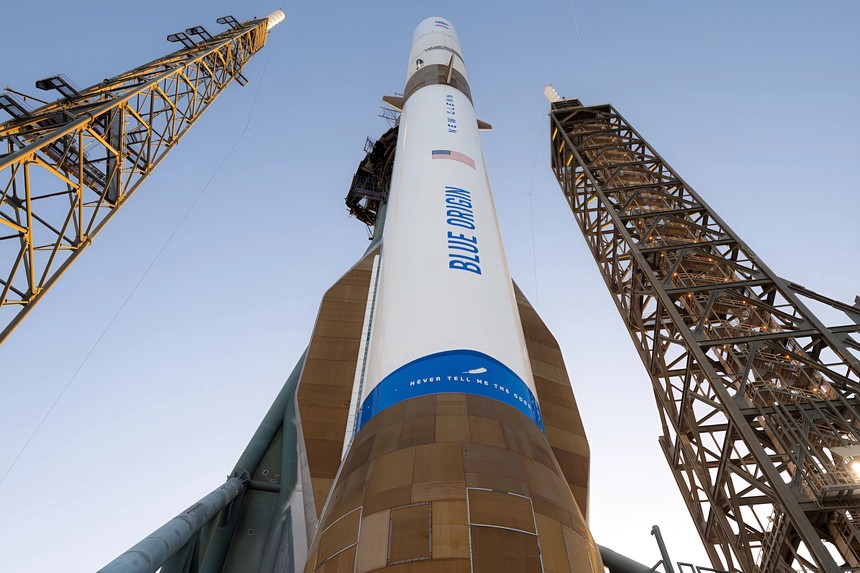Trishul Space, a propulsion focused startup from Delhi, has raised four crore rupees in a pre seed round led by IAN Angel Fund with participation from eight X Ventures and ITEL. The company will use the capital to accelerate research and testing of advanced turbopumps and move its Harpy One liquid engine closer to full demonstration.
The founders describe this round as both a vote of confidence and a way to close early technical risk. The new funds will support the transition from laboratory prototypes to test hardware capable of repeated hot fire runs.
Building staged combustion propulsion in India
Trishul Space is developing propulsion systems based on staged combustion, a cycle that delivers higher performance than simpler engine designs but is more difficult to engineer. Within this architecture, turbopumps play a critical role by feeding propellants into the combustion chamber at very high pressures.
The company is also integrating AI based failure detection into its test and control systems. By monitoring sensor data in real time, the system can spot anomalies in turbopump and engine behaviour early, helping to prevent hardware loss and shortening development timelines.
Co founder Rajat Choudhary said the team wants to build India’s most advanced and reliable propulsion systems and make access to space faster and more affordable. The aim is to offer modular, plug and play engines that vehicle makers can adopt without years of in house engine development.
Market opportunity in small launch vehicles
Trishul is targeting the small and medium launch vehicle segment, a market it expects to pass fifteen billion dollars globally by the end of the decade. Propulsion accounts for a large share of launch costs, so more efficient and modular engines can change the economics for newer launch providers.
By supplying ready to integrate engines, the startup hopes to reduce the barrier to entry for private launch companies and government programmes that need flexible access to orbit. Faster iteration and lower cost per launch would be especially valuable for small satellite operators who care about cadence and predictable budgets.
Execution risks and next steps
Rocket engine development is inherently risky and capital intensive. Trishul still needs to prove Harpy One in a series of ground tests, validate its turbopump design, and demonstrate reliable staged combustion without instability.
The new funding will go into test stands, instrumentation, turbomachinery development, and the AI health monitoring stack that sits on top. Successful hot fire tests will be the first major proof point for investors and potential customers.
By focusing on engine technology rather than building an entire launch vehicle, Trishul Space is positioning itself as a strategic propulsion supplier within India’s private space ecosystem. If it can deliver reliable, high performance engines, the company could become a key piece of the country’s emerging launch infrastructure.
For more stories on Indian deep tech and space startups, follow Tech Moves Instagram and Tech Moves Facebook.














